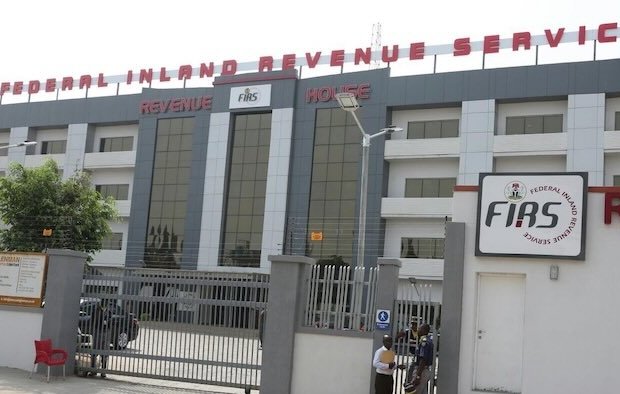Nigeria has introduced a 10% withholding tax on interest earned from short-term investments, signaling a significant shift in the country’s fiscal policy aimed at broadening its tax base and boosting non-oil revenue. The Federal Inland Revenue Service (FIRS) has directed banks, stockbrokers, and other financial institutions to begin deducting this tax at the point of payment on interest income derived from instruments such as treasury bills, corporate bonds, promissory notes, and bills of exchange. This move marks the end of a long-standing tax exemption that had previously made short-term securities particularly attractive to investors seeking quick and relatively safe returns.
The exemption, originally implemented to stimulate participation in Nigeria’s domestic debt market, played a key role in attracting both local and foreign investors. However, with mounting fiscal pressures and a growing need to diversify revenue sources, the government has opted to remove this incentive. Notably, federal government bonds will remain exempt from the new tax, preserving their status as a preferred investment vehicle for those seeking tax-efficient options. This distinction may prompt a shift in investor behavior, with many likely to reconsider their portfolio allocations in favor of longer-term, tax-exempt instruments.
The policy change is part of a broader economic reform agenda aimed at improving tax compliance and reducing Nigeria’s reliance on oil revenues, which have historically dominated the national budget. While the government has not specified the projected revenue from this new tax, financial analysts suggest it could have a notable impact on the fixed-income market, particularly for retail investors and fund managers who rely heavily on short-term instruments for liquidity and yield. The immediate implementation of the directive requires financial institutions to adjust their systems swiftly to ensure accurate deduction and remittance in line with tax laws.
As Nigeria continues to grapple with inflation, currency volatility, and fiscal deficits, the introduction of this withholding tax underscores a more assertive approach to domestic revenue mobilization. For investors, the development serves as a reminder of the importance of staying informed about regulatory changes that can affect returns and financial planning. It also highlights the evolving landscape of Nigeria’s investment environment, where policy shifts are increasingly shaped by the need for sustainable economic resilience.
